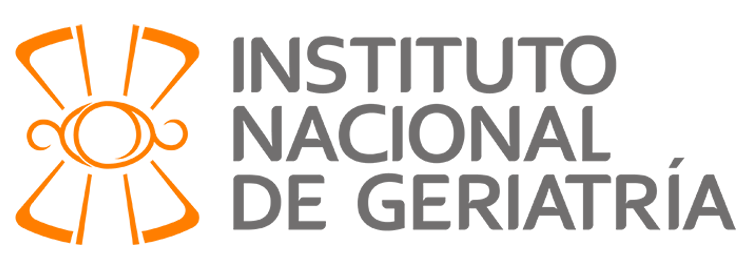


Please use this identifier to cite or link to this item:
http://repositorio.inger.gob.mx/jspui/handle/20.500.12100/17334| Title: | Institutional Context of Family Eldercare in Mexico and the United States |
| metadata.dc.creator: | Jacqueline Lowe Angel Ronald J. Angel MARIANA LOPEZ ORTEGA LUIS MIGUEL FRANCISCO GUTIERREZ ROBLEDO Robert Wallace |
| Keywords: | MEDICINA Y CIENCIAS DE LA SALUD;Ciencias médicas;Ciencias clínicas;Geriatría;Cuidado de personas mayores;Eldercare;Cuidado informal;Informal care;Programa de salud;Health care program;Seguro popular;Popular insurance |
| metadata.dc.date: | 2016 |
| Publisher: | Springer |
| Description: | Mexico and the United States share a border over 2000 miles long and they also share the reality of rapidly aging populations. In each country the aging of the population is occurring in the context of very different levels of economic development and distinct political, cultural and institutional histories. The United States has a relatively long experience with long-term institutional and community care, while Mexico does not (Angel et al. 2012). For Mexico, limited fiscal resources and the needs of a large lowincome population limit the possibilities (Gutiérrez et al. 2015). In both the United States and Mexico other options in addition to government sponsored programs must be developed. |
| URI: | http://repositorio.inger.gob.mx/jspui/handle/20.500.12100/17334 |
| Appears in Collections: | 1. Artículos |
Files in This Item:
| File | Description | Size | Format | |
|---|---|---|---|---|
| Journal of Cross-Cultural Gerontology (1573-0719) Vol. 31 (2016).pdf | 432.84 kB | Adobe PDF | View/Open |